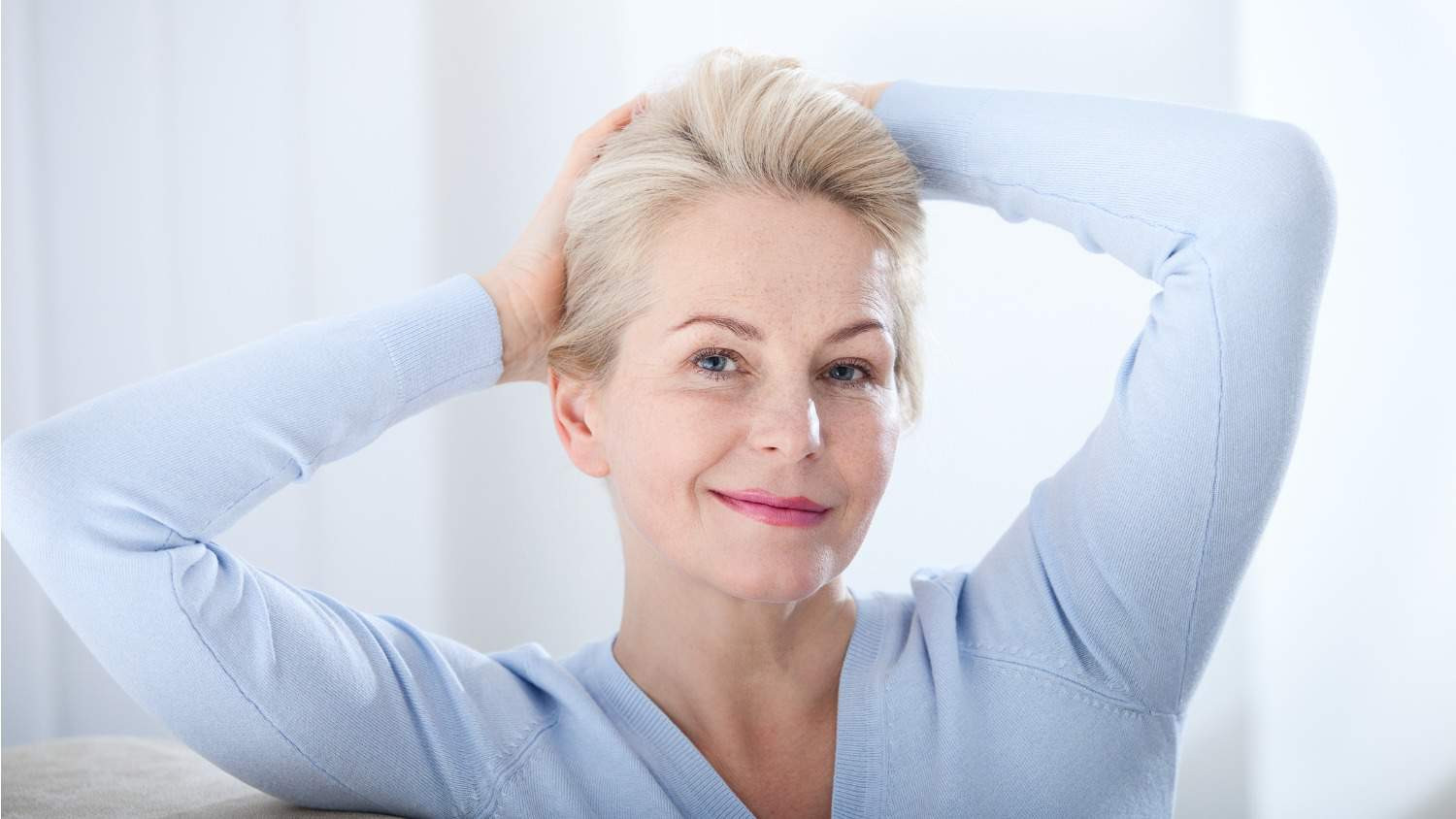How to prevent hair loss during menopause?
Many women fear menopause—a stage in a woman’s life when her menstrual cycles end due to the depletion of eggs as she ages. Menopause typically occurs between the ages of 40 and 50, but for some women, it may begin earlier due to medical reasons. This condition causes well-known side effects such as hot flashes, night sweats, weight gain, mood swings, and insomnia due to hormonal fluctuations. However, less attention is given to a side effect like hair loss. According to the Harvard Women’s Health Watch, up to two-thirds of postmenopausal women experience hair loss.
If you’re concerned about how menopause affects your hair, you can make some simple lifestyle changes to help manage the issue.
1. Stay Hydrated
Water is essential for every system in the body, including your hair. It activates hair cells to promote growth and nourishes the roots. Dehydration can lead to hair loss, and women in menopause are more prone to dehydration due to excessive sweating and night sweats. Make sure to drink plenty of water daily.
2. Enrich Your Diet with Protein
Concerns about weight gain during menopause might lead you to cut calories, but this can also deprive your hair of the protein it needs. Hair is primarily made of protein. Aim to include two to three servings of protein in your diet every day. Fish, egg whites, yogurt, lean meat, quinoa, beans, and nuts are excellent options that will keep your hair healthy while helping you maintain a balanced weight.
3. Be Gentle with Your Hair
While you may choose to mask hair loss with styling and coloring, be sure to treat your hair gently. Harsh chemical products like dyes, perms, or straighteners can damage the cuticle and break the hair shaft, worsening hair loss. It’s generally better to use natural products or ammonia-free hair dyes. Choose hairstyles that don’t tug, rub, or pull on your hair to avoid unnecessary stress on the roots. Cleanse and comb your hair gently.
4. Avoid Stressful Situations
Your stress levels can rise significantly during menopause. Stress can have a devastating effect on your hair. Why? Because stress can indirectly increase testosterone levels, a hormone linked to female hair loss. If you’re already experiencing hair loss due to hormonal changes, heightened stress levels can worsen the problem. So here’s an essential tip: Relax! Your hair’s health and beauty greatly depend on rest and relaxation.
Sometimes, these actions alone may not be enough. Explore the proven solutions offered by Rubenhair Clinic by consulting with experienced hair treatment specialists. Rubenhair provides hair and scalp analysis to help you better understand the causes of your hair loss. You’ll also learn about proven solutions, from stimulating regrowth to natural-looking hair transplants.
Menopause is challenging enough without the added burden of hair loss. Consider booking an appointment with our specialists today to explore effective treatments for your hair.







